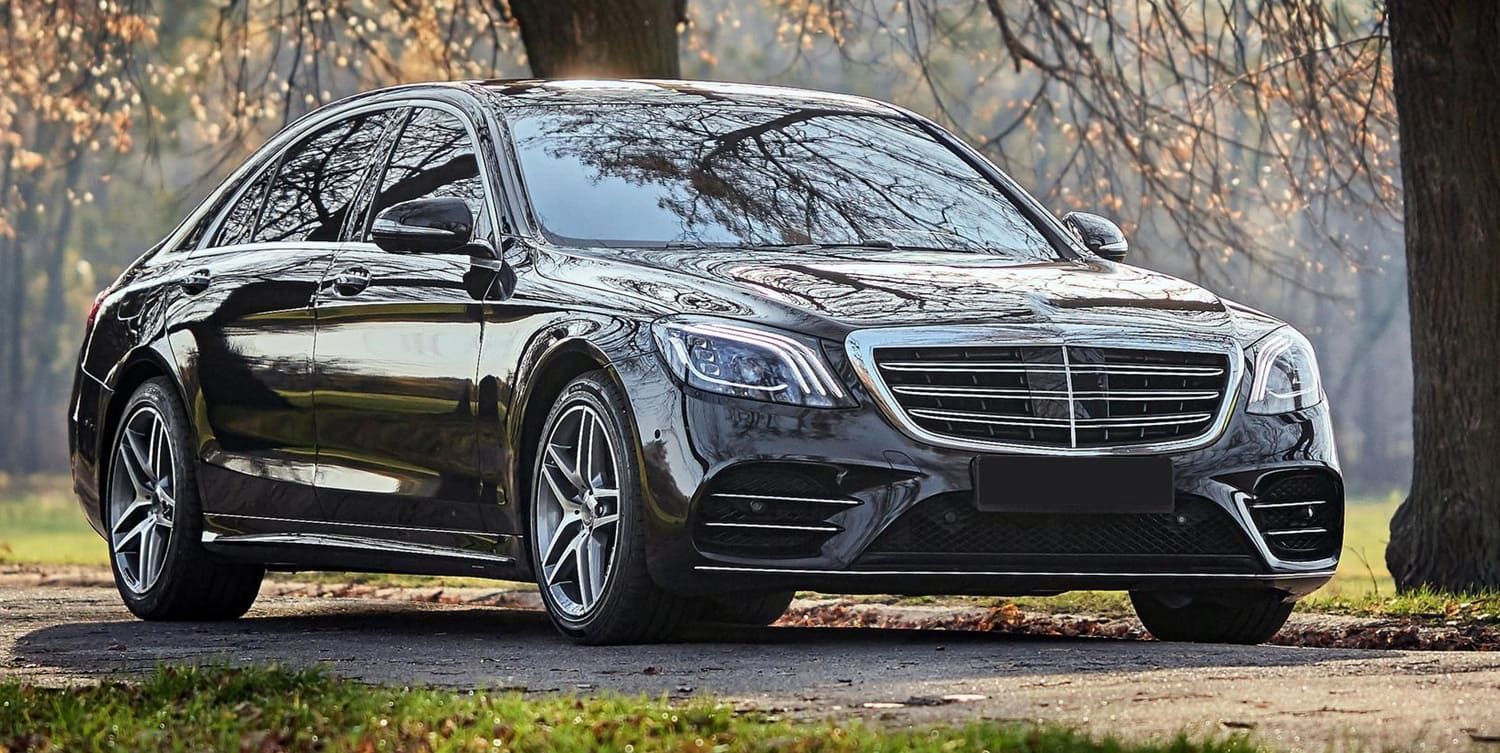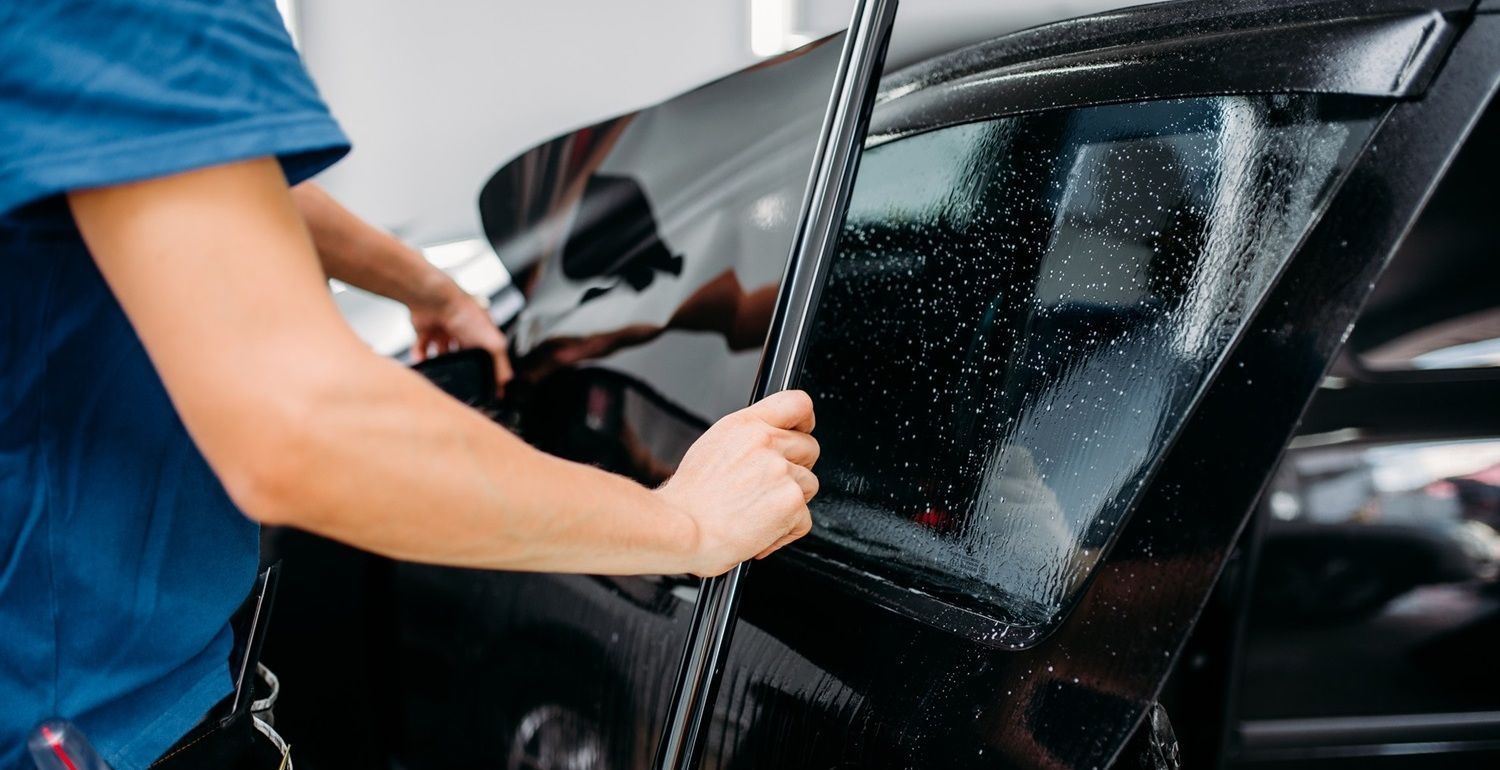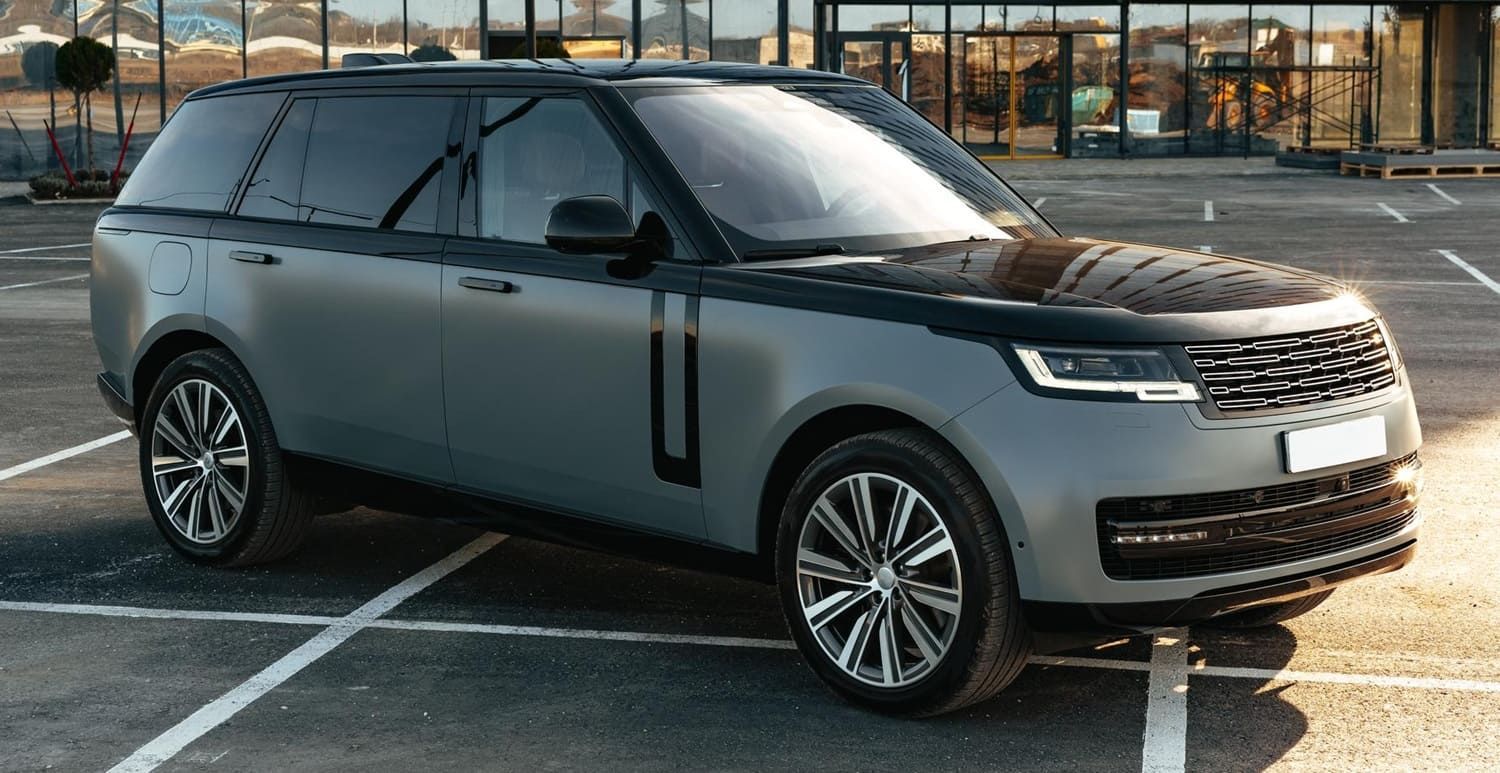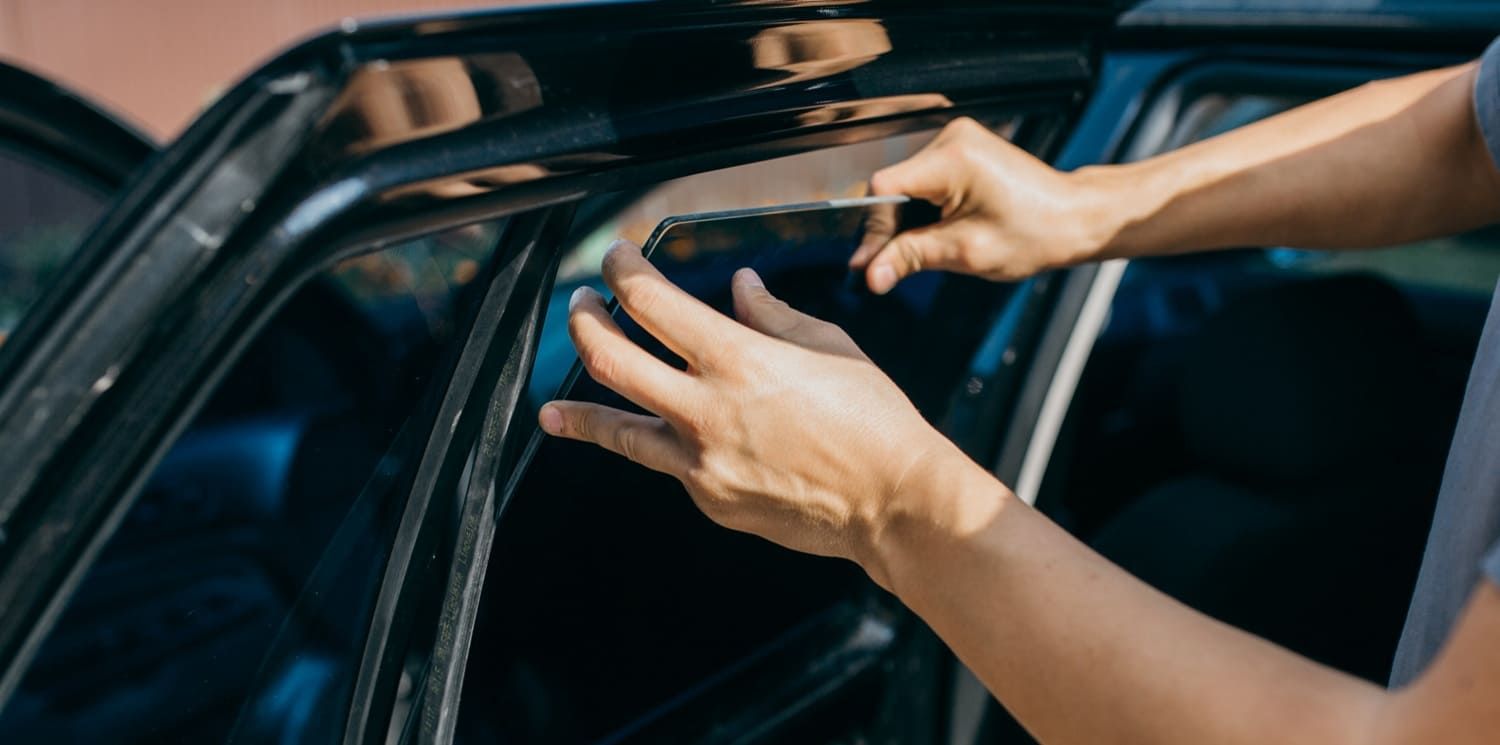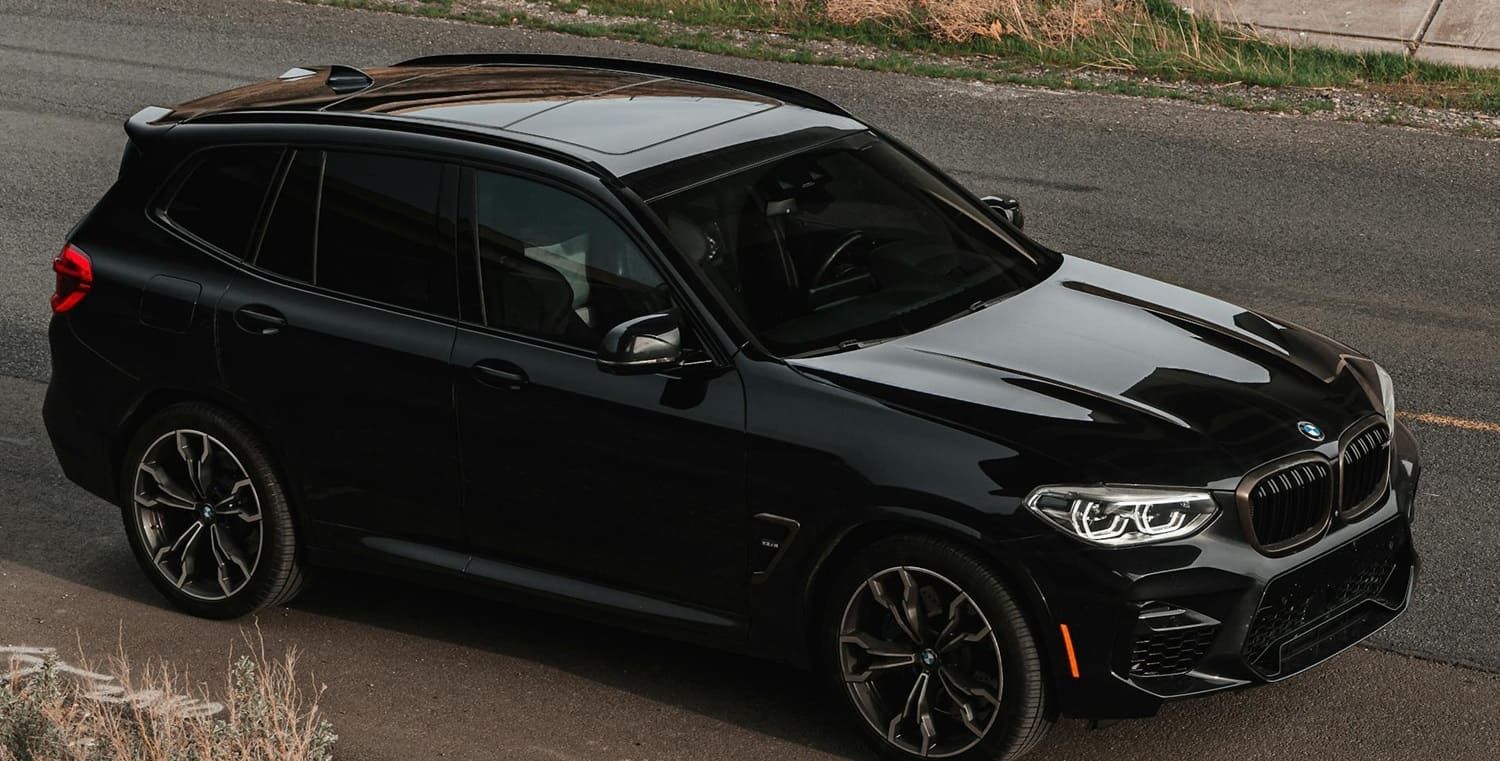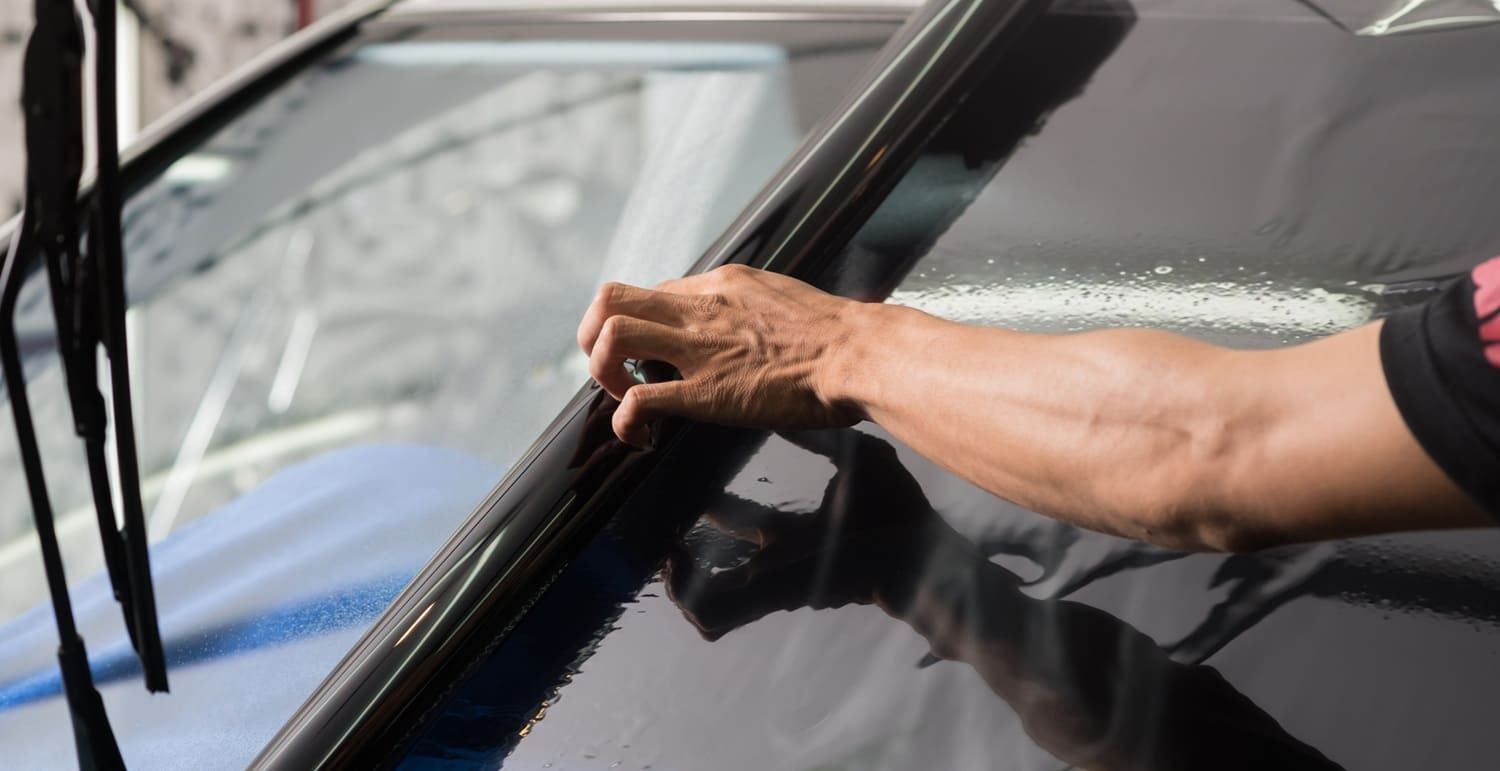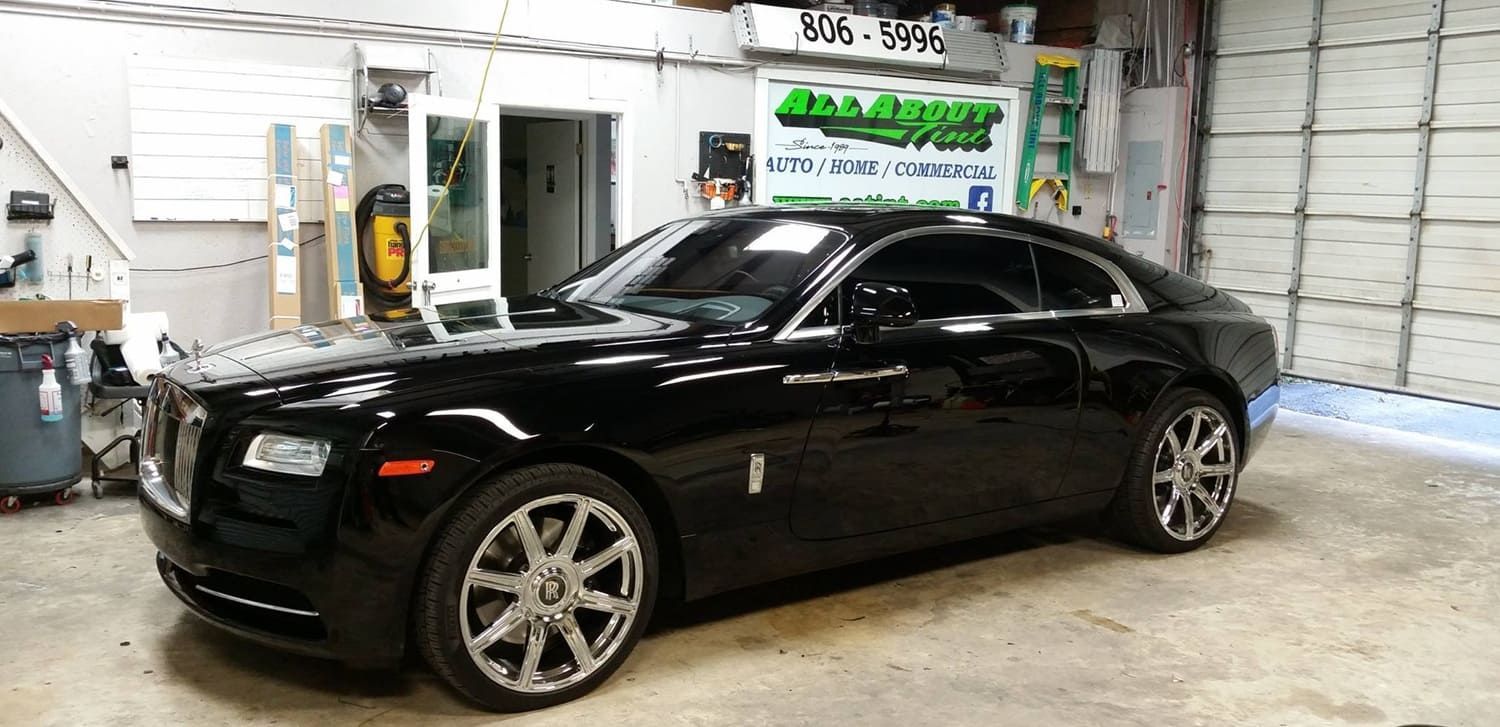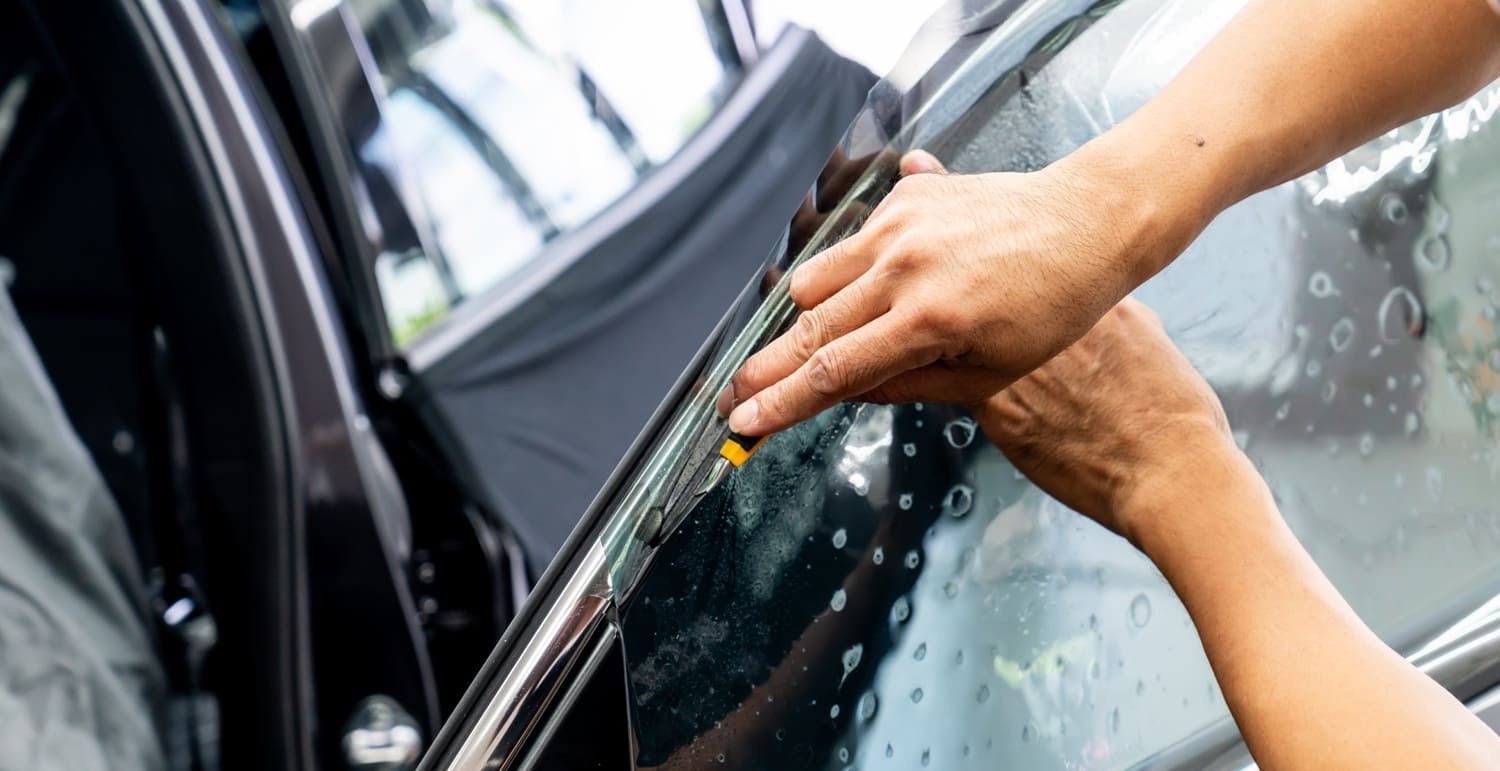How Window Tinting Protects Your Car's Interior and Improves Privacy
Car window tinting is more than just an aesthetic enhancement. It's a protective measure that offers numerous benefits.
One of the key advantages is the protection it provides to your car's interior. By blocking harmful UV rays, window tinting helps prevent fading and cracking of upholstery.
But the benefits don't stop there. Window tinting also improves driving safety by reducing glare from the sun and headlights.
Moreover, it enhances privacy, making it harder for outsiders to see into your vehicle. This added layer of security can deter potential thieves from spotting valuables inside your car.
In this guide, we'll delve deeper into these benefits and more. We'll also explore the different types of window tints available and the legal considerations to keep in mind.
So, whether you're a car owner, an automotive enthusiast, or simply curious, read on to discover how window tinting can protect your car's interior and improve your privacy.
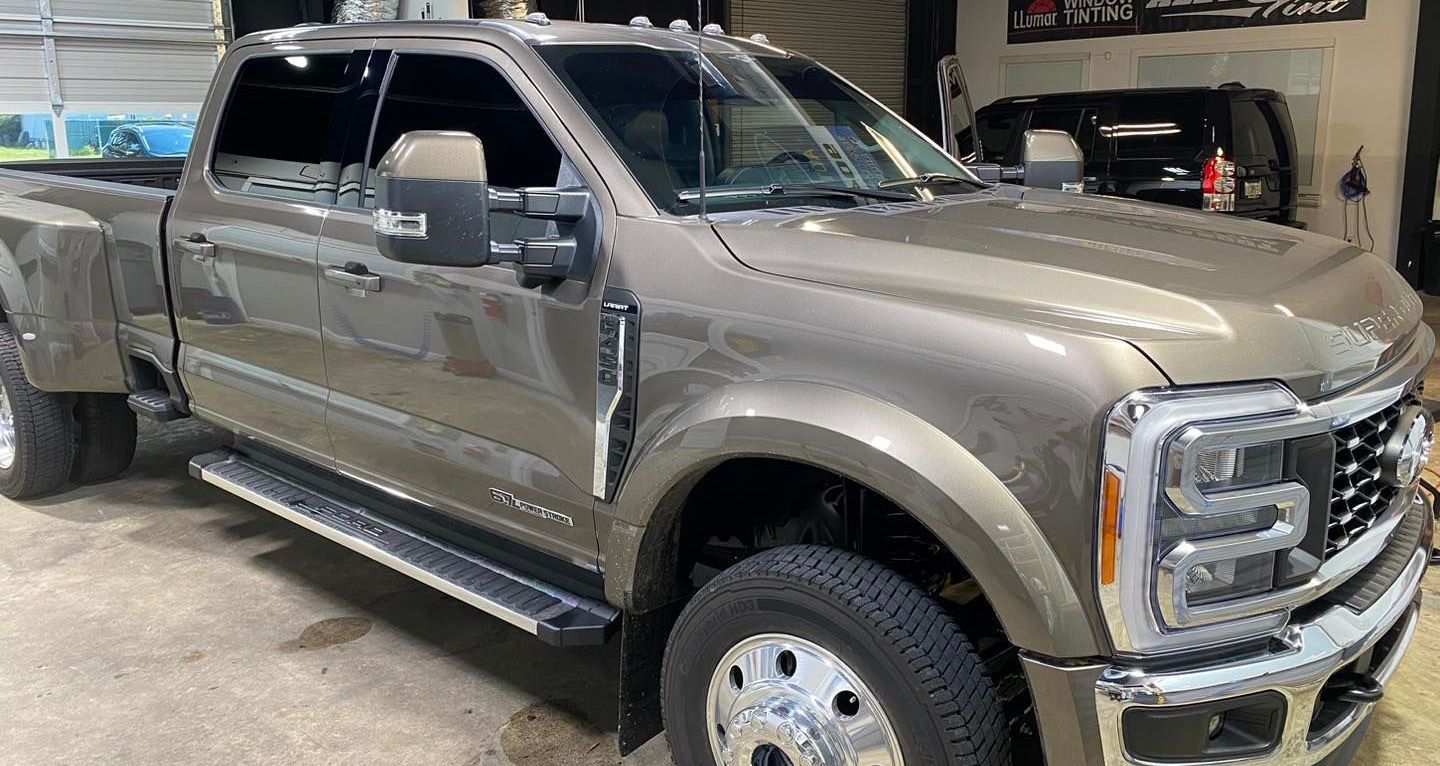
Understanding Car Window Tinting
Car window tinting involves applying a thin film to the interior side of car windows. This film is made of multiple layers that include dyes, metals, or ceramics, each serving a specific purpose. It's designed to reduce heat, block harmful UV rays, and maintain a level of privacy.
There are various types of window tints, each with distinct features and benefits. The film is typically applied by professionals, although DIY kits are available for those who prefer a hands-on approach. Regardless of the method, choosing the right tint can significantly enhance your vehicle's functionality and appearance.
The Science of Tint: Blocking UV Rays and Solar Heat
Window tinting offers significant protection against the sun's damaging effects. Harmful UV rays are known to cause skin damage and even cancer. By blocking up to 99% of these rays, window tints serve as a crucial barrier for both drivers and passengers.
Tinted windows also help in reflecting solar heat, which can make the interior of a car unbearably hot. This heat rejection reduces the load on the air conditioning system, enhancing comfort for everyone inside. Importantly, it also contributes to energy savings by decreasing fuel consumption.
Here are some key scientific benefits of window tinting:
- Blocks up to 99% of UV rays
- Reduces interior heat buildup from solar radiation
- Decreases reliance on air conditioning, leading to energy savings
By understanding these scientific benefits, car owners can appreciate how window tinting not only protects but also saves resources and enhances comfort.
Preserving Your Car's Interior: Fade and Damage Reduction
The sun's rays can wreak havoc on your car's interior over time. Upholstery, dashboards, and leather seats are particularly vulnerable. Without protection, they can fade, crack, and deteriorate quickly.
Window tinting acts like a shield, reducing sun exposure and preserving your car's interior. It keeps colors vibrant and prevents material degradation. This means you can enjoy your vehicle's pristine condition longer, maintaining its value and aesthetic appeal over time.
Enhancing Driving Safety: Glare Reduction and Improved Visibility
Driving on sunny days or under glaring headlights can be challenging and distracting. Harsh light causes eye strain and reduces visibility, increasing the risk of accidents. Window tinting helps diminish glare by filtering out intense light, making driving more comfortable and secure.
Tinted windows improve visibility, ensuring you see the road clearly. They reduce eye fatigue, allowing you to drive longer without discomfort. With enhanced focus and safety, tinted windows provide peace of mind on every journey.
Privacy and Security: The Invisible Shield
A primary advantage of car window tinting is the increased privacy it provides. Tinted windows make it difficult for outsiders to peek inside your car, protecting your belongings and personal space. This added layer of privacy is particularly beneficial in crowded parking areas.
Moreover, window tints deter potential thieves by obscuring the view of your car's interior. It acts as a security measure, reducing the chances of opportunistic theft. This invisible shield offers an extra sense of safety, ensuring you can leave your car with confidence.
Types of Window Tints: From Dyed to Ceramic
Car window tints come in a variety of types, each offering unique features. Choosing the right type depends on your needs and preferences. Understanding these options can help you make an informed decision.
Different Types of Window Tints
- Dyed Tints: Affordable and perfect for aesthetics, but provide limited UV protection.
- Metalized Tints: Offer better glare reduction with a shiny appearance but can interfere with signals.
- Hybrid Tints: Combine dyed and metalized tints, balancing performance and appearance.
- Carbon Tints: Block infrared light and won't fade, providing great heat rejection.
- Ceramic Tints: Premium choice, superior UV protection, and heat rejection without signal interference.
Each tint type has its pros and cons that cater to various preferences. Ceramic tints are popular for their high-quality performance, while dyed tints are budget-friendly. Selecting the perfect tint depends on balancing cost, functionality, and aesthetic appeal.
Legal Considerations and Compliance with Tinting Laws
Window tinting laws vary significantly across different regions, so understanding local regulations is crucial. Before tinting your windows, check the permissible levels of darkness and reflectivity. Failure to comply can result in fines or required removal.
Ensure your chosen tint meets both state and national standards. Some areas have stricter rules for front windows compared to rear ones. Consulting a professional can help ensure your tint job is legal. When in doubt, refer to your local Department of Motor Vehicles or similar authority for guidance on specific regulations.
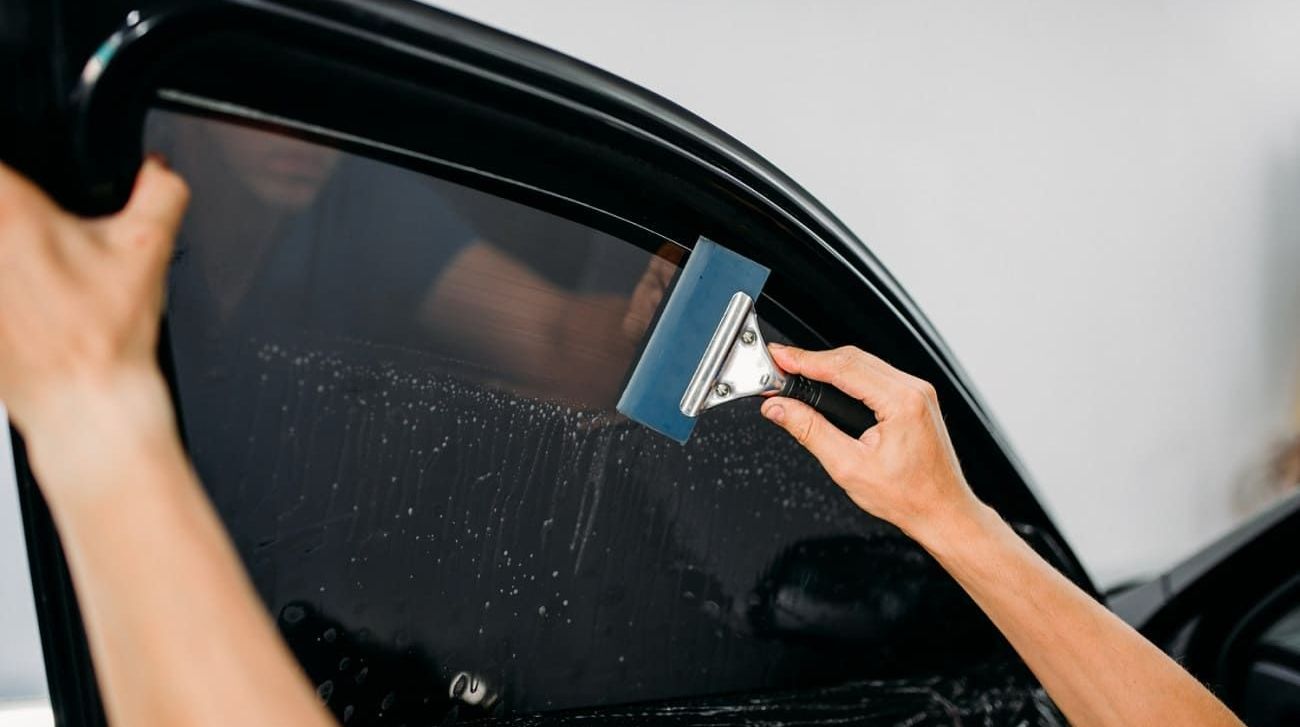
Professional Installation vs. DIY: What You Need to Know
Choosing between professional installation and a DIY approach for window tinting is an important decision. Professionals offer experience and precision, ensuring a flawless finish that maximizes benefits. They can also provide valuable advice on selecting the right type of tint for your vehicle.
On the other hand, DIY kits are cost-effective but may lead to errors if not handled correctly. Even small mistakes can lead to bubbles or peeling, affecting the tint's performance and longevity. If you opt for DIY, be prepared for a learning curve and invest in quality materials.
Maintenance and Care for Long-Lasting Tints
Proper care is crucial for extending the life of your window tints. Use a soft cloth and non-abrasive cleaner to prevent scratches. Avoid ammonia-based products as they can damage the tint. Regular maintenance helps in keeping the tint clear and in optimal condition.
Conclusion: The Long-Term Benefits of Window Tinting
Car window tinting offers numerous benefits beyond just aesthetic appeal. At ALL ABOUT TINT, we specialize in delivering premier car window tinting services in St. Augustine, FL, providing high-quality installations and offering free estimates. Our expert team ensures you get maximum UV protection, preserving your car’s interior and shielding your skin.
Tinting not only enhances driving comfort and safety by reducing glare and solar heat but also boosts privacy and security by making it difficult for outsiders to see inside your vehicle. With energy savings from reduced air conditioning use, window tinting becomes an economical and stylish choice. Choose ALL ABOUT TINT to combine functionality with elegance, ensuring lasting value for your vehicle.


